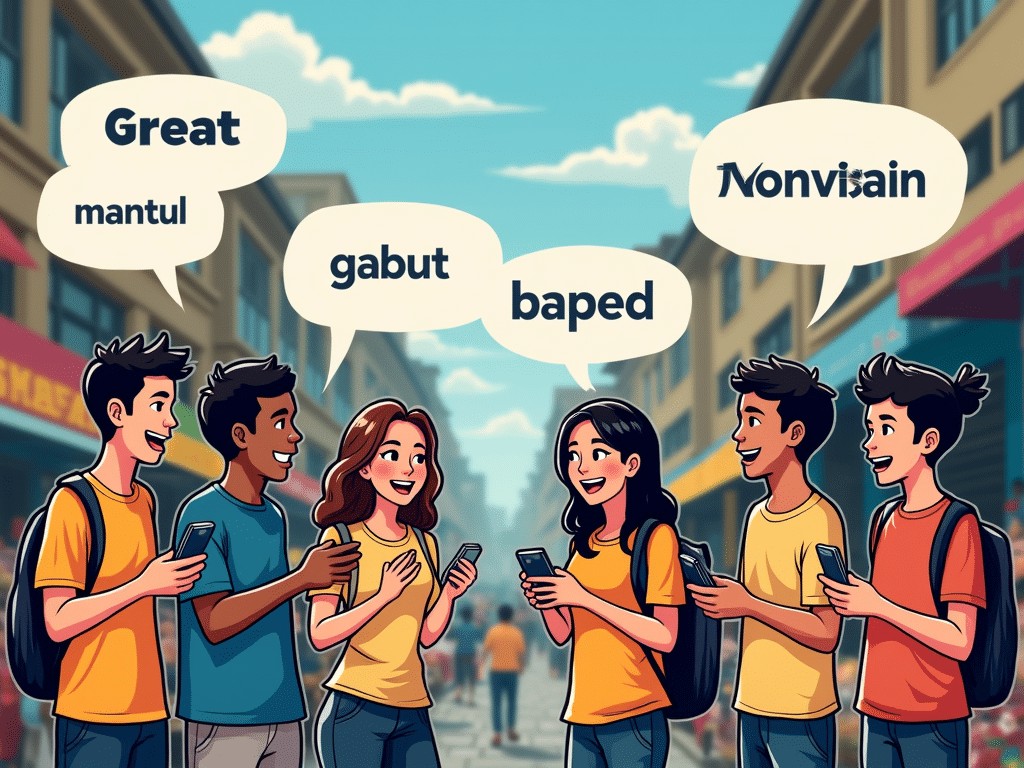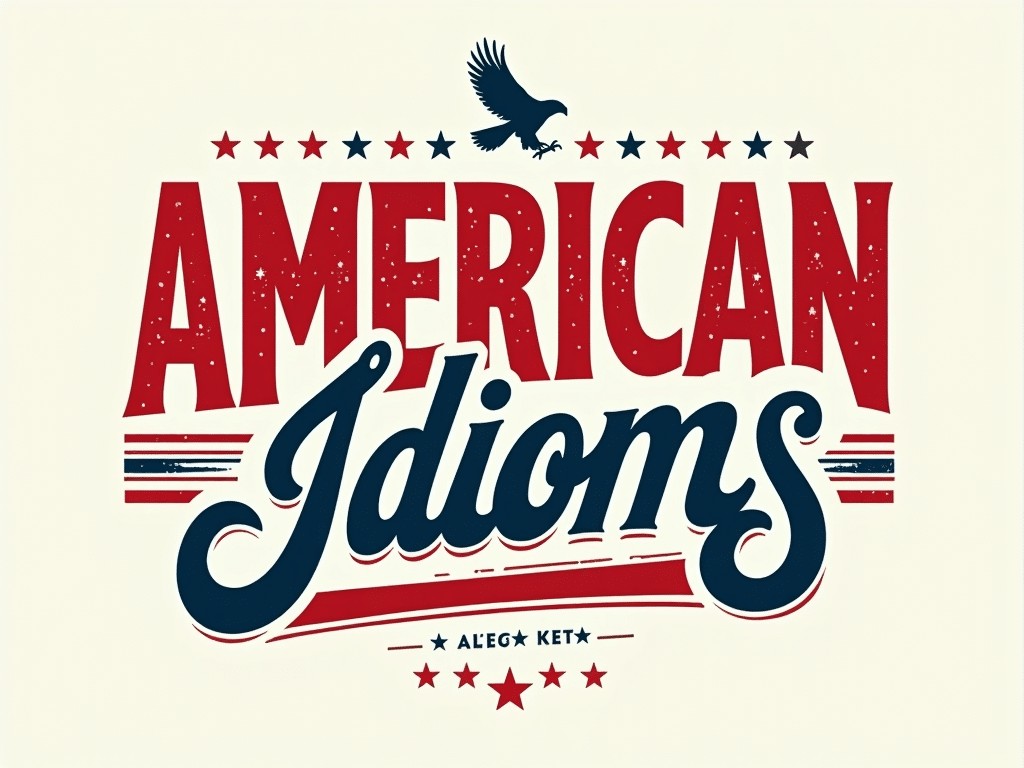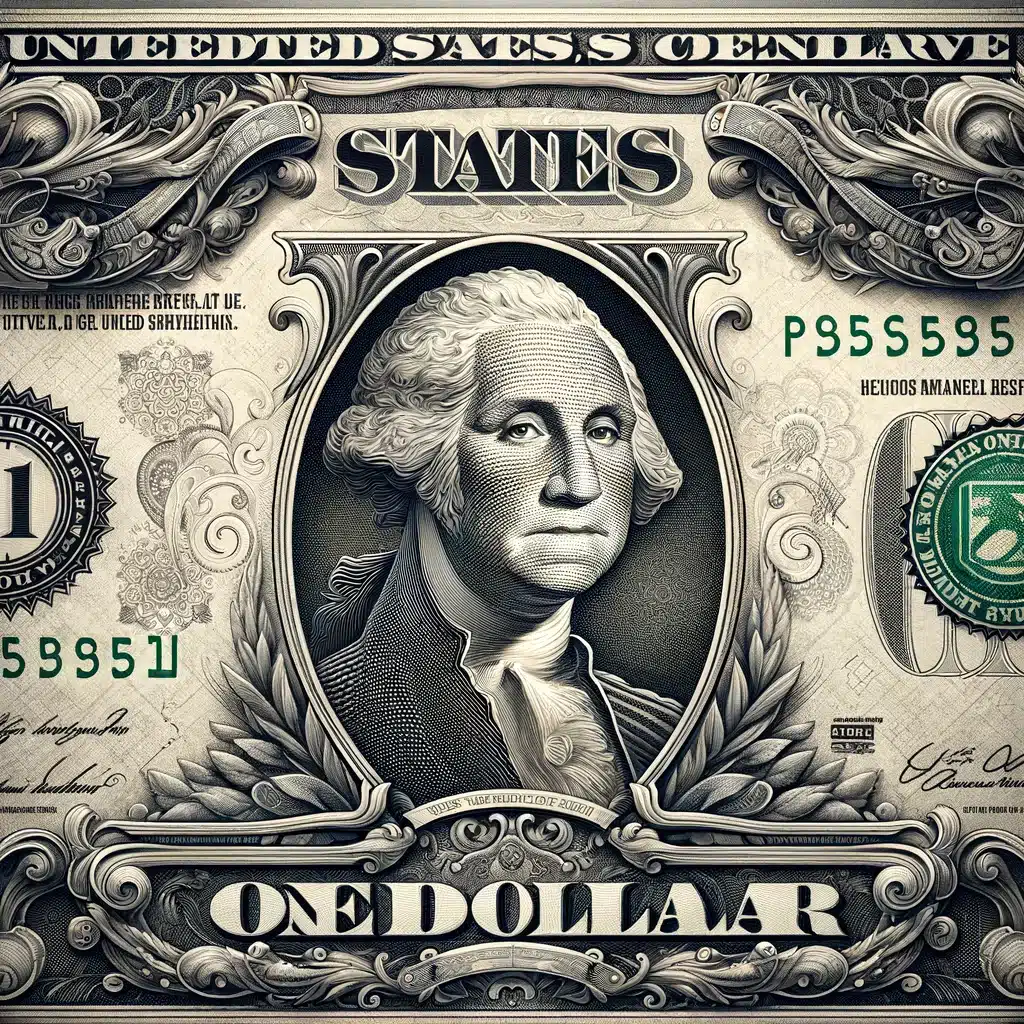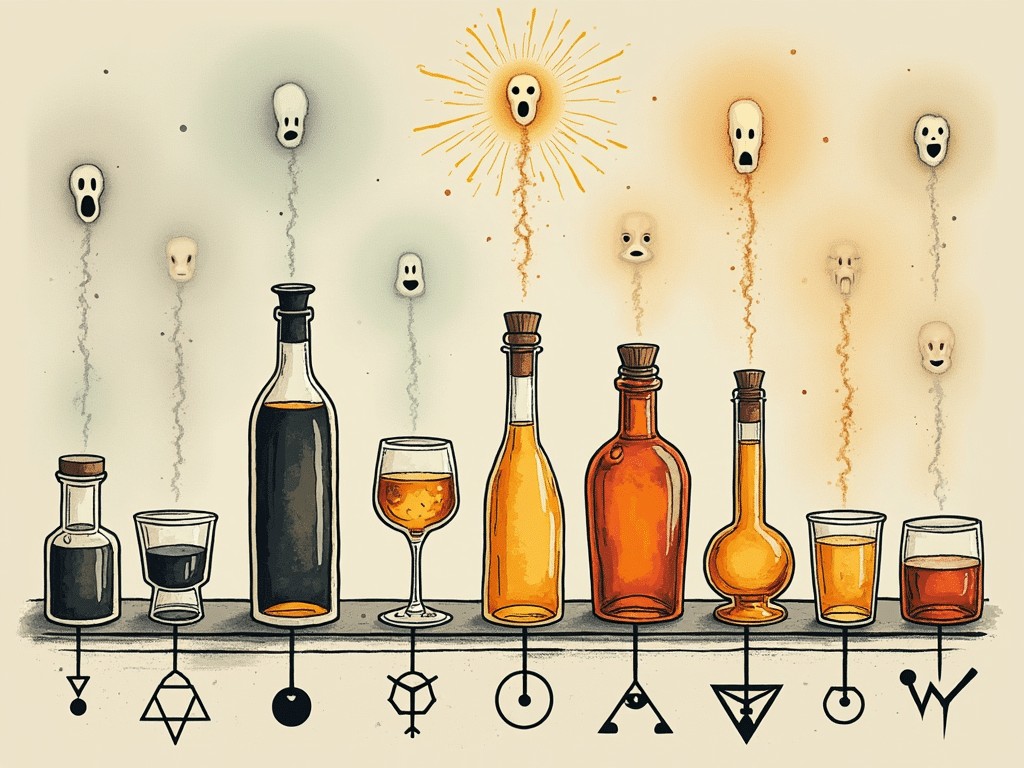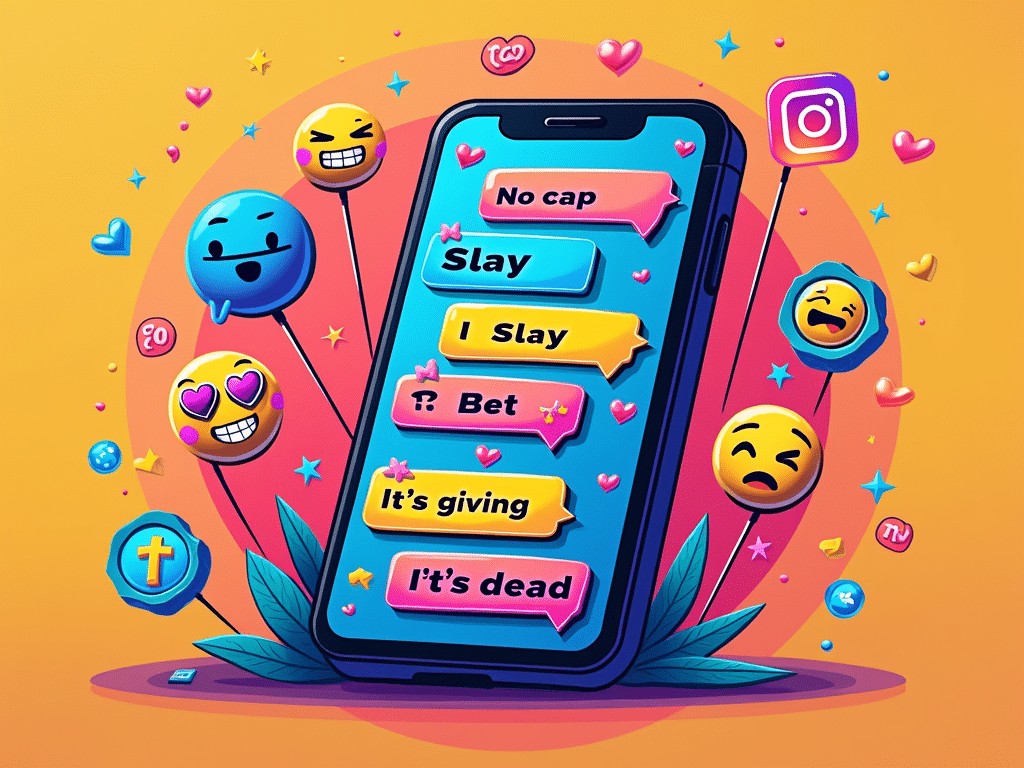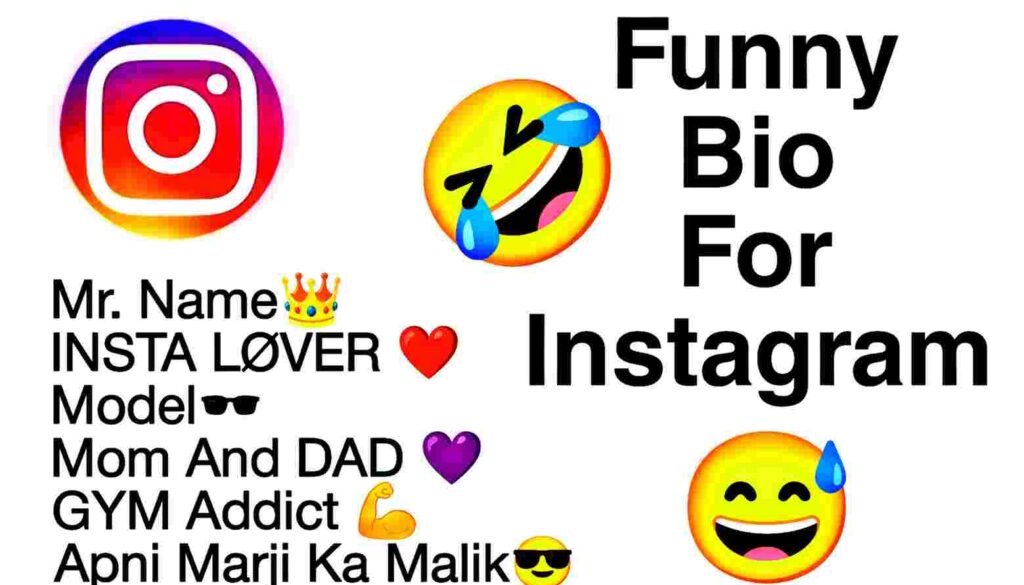Short answer: Karen is slang for an entitled, often white, usually middle‑aged woman who leverages social power—complaining to managers, policing others in public, or calling the cops over minor disputes. It rose from Black online communities into mainstream meme culture, especially in the late 2010s–2020. Use it with caution—it’s loaded.
What “Karen” Means
A “Karen” is a shorthand for performative entitlement: demanding special treatment, escalating minor issues, and policing other people’s behavior—often with racial or class dynamics baked in. People use it to spotlight behavior like calling the manager over small inconveniences or calling police on harmless activity.
- Abbreviation/term: Karen
- Core idea: Entitled, punitive oversight of others
- Connotation: Disparaging; often racialized and gendered
- Safe for work: Generally no
- Sensitive context: High

Karen Slang
How People Use It
“Karen” can be a label in captions, comments, and quote‑tweets, or a reaction to viral clips. It’s used to call out:
- “Manager mode”: Demanding supervisors over minor policy issues.
- “Policing public space”: Reporting people—often Black or brown folks—for ordinary activities.
- “Rule lawyering”: Enforcing rules selectively when it benefits them.
- “Public meltdowns”: Filming confrontations, then posting for “receipts.”
Examples you can borrow:
- “Blocking the bike lane, then calling the cops on cyclists? Karen behavior.”
- “Asking for corporate over a 50¢ coupon… Karen strikes again.”
- “Filming kids at the pool and threatening to ‘notify HOA’? Peak Karen.”
Origins and Evolution
The term consolidated in the late 2010s as viral nicknames (“BBQ Becky,” “Permit Patty,” “Cornerstore Caroline”) were applied to women who used authority or police to control public space, especially against Black people. It echoes older terms in Black American speech like “Miss Ann” and overlaps with “Becky,” then got memefied across Reddit, Twitter, and TikTok. Comedy bits (e.g., Dane Cook’s 2005 “every group has a Karen”) and pop‑culture references (Mean Girls’ Karen Smith) added fuel, but the modern racialized policing sense surged with smartphone footage and 2020’s BLM protests.
Why It Exploded Online
- Viral video infrastructure: Phones + feeds + outrage = instant spread.
- Memes compress context: A single name tags a pattern of behavior.
- Comment‑section language: Short, sharp labels outperform long explanations.
- Cultural flashpoints: 2018–2020 clips made the archetype legible to mass audiences.
Platform vibes
- TikTok: Reaction stitches and caption callouts under confrontation clips.
- X/Twitter: Quote‑tweet labeling during “receipt” threads.
- Reddit: Subreddits archiving “entitled” encounters.
- Instagram/Nextdoor: Local drama and neighborhood‑watch discourse.
The Controversy
“Karen” is useful shorthand, but it’s messy:
- Sexism: Targets women; male analogs (“Ken,” “Kevin”) are less sticky.
- Ageism: Skews toward middle‑aged stereotypes.
- Class bias: Conflates retail or service conflicts with entitlement.
- Overreach: Risks flattening nuanced situations into dunk fodder.
- Racial context: Originally a way to name racially harmful behavior; careless use can trivialize that context.
Good rule: Punch up at systems and harmful actions, not at random women or names.
When Not to Use It
- Workplace or formal settings—use behavior‑specific language.
- Sensitive incidents—avoid meme labels while facts are unclear.
- Disagreements without harm—save the word for genuine abuse of power.
- With individuals who might read it as a slur—default to specificity.
Better phrasing:
- “This behavior endangers others by escalating to law enforcement.”
- “This complaint targets someone for existing in public space.”
- “This is selective rule enforcement that creates unequal treatment.”
Related Slang (Interlink these on Slangspace)
- Gatekeeping: Controlling access to spaces or knowledge.
- Main character energy: Centering oneself at others’ expense.
- Do too much / Doing the most: Excessive reaction.
- Touch grass: Suggests someone is out of touch.
- Gaslighting: Manipulating to make others doubt reality.
- Woke: Socially aware; often politicized in discourse about Karen usage.
Real‑World Archetypes (Behavior Patterns)
- Manager Summoner: Escalates to corporate for minor policy issues.
- Park Patrol: Calls authorities on ordinary activities (barbecues, birding, lemonade stands).
- HOA Enforcer: Polices neighbors’ lawns, chalk art, or parking with threats.
- Mask Maverick (pandemic era): Combative anti‑policy confrontations.
- Line Lawyer: Holds up queues over tiny discounts or perceived slights.
Use these as subheads for examples or to caption screenshots with dates and context.
Expert and Culture Notes
- Linguists note that meme labels compress complex social scripts into instantly recognizable archetypes—useful for rapid discourse but prone to stereotyping.
- Media scholars argue the term functioned as an “activist meme,” making visible how everyday actions can leverage institutional power against marginalized people.
- Critics warn that overuse blunts the concept, turning serious harms into jokes and feeding misogynistic tropes.
Alternatives to Using “Karen”
If the goal is accountability, not dunking:
- Describe actions precisely: “Calling the police on a lawful activity escalates risk.”
- Name impact: “This creates a hostile environment for Black neighbors.”
- Offer de‑escalation: “This seems like a community‑rules question, not a police matter.”
- Redirect to process: “Let’s document and raise with the board instead of confronting.”
FAQs
- Is it okay to call someone a Karen? Only if the behavior fits and the goal is accountability; otherwise, choose precise language.
- Are all Karens white women? The term is associated with white women due to the power dynamics it names, but anyone can perform “Karen‑like” behavior.
- Male version? “Ken/Kevin” exist, but aren’t as widely used.
- Could using “Karen” backfire at work? Yes—can be seen as sexist/harassing. Use neutral, behavior‑focused language.
- What if someone calls me a Karen? Ask which action felt harmful, listen, and address the specific issue. Explain context without defensiveness and commit to better practice.
Conclusion: What Does “Karen” Mean?
Karen is a memeified label for entitled, punitive behavior—especially when it leverages institutional power against others. It emerged from Black online spaces, went mainstream through viral clips and meme culture, and remains controversial because it’s both a tool for naming harm and a stereotype that can misfire. Use it carefully; describe behavior clearly; push for accountability without dehumanizing.

